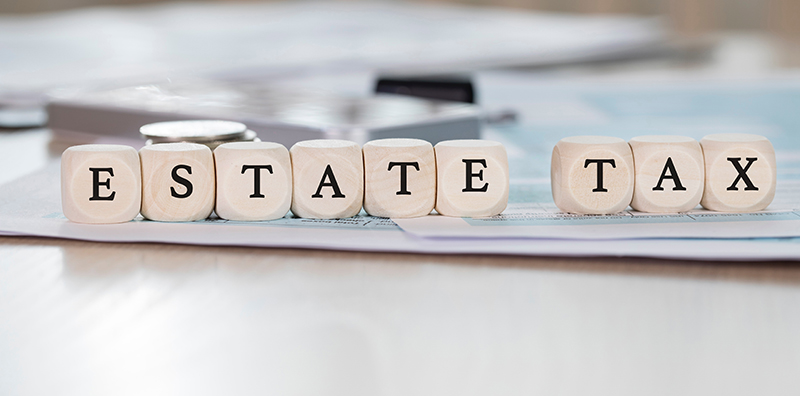New Jersey (NJ) Estate and Inheritance Taxes Explained
August 17, 2021 by Carolyn Richardson, EA, MBA
My son inherited a Roth IRA from his uncle in NJ. He must pay the 15% NJ inheritance tax. Is there a specific form needed to be submitted along with the check. The estate attorney says just mail the check. How will NJ now where to apply it?
-Ginny
Hi Ginny,
Thank you for submitting your question to our blog! Estate and inheritance taxes can be kind of tricky.
New Jersey imposes a tax on the beneficiaries of the estate, and the rate that the value of the estate is taxed at depends on the types of beneficiaries there are of the estate. There are four classes of beneficiaries, with those who are closest to the decedent being taxed at the lowest rate (this is normally reserved for spouses or domestic partners, parents and children of the deceased, and siblings, plus the spouses of the deceased’s children if that child is also deceased.) Your son appears to be a “Class D” beneficiary, being a nephew of the deceased. Class D beneficiaries are taxed at a 15% tax rate for estate values under $700,000.
That being said, if there are other beneficiaries of the uncle’s estate, your son should not be the one preparing this return unless he is the executor or administrator of the estate. The return requires the tax be paid by the estate on behalf of all the estate’s beneficiaries, so unless this Roth IRA was the only asset of the estate and your son was the only beneficiary, he would not be able to prepare the return unless he is the executor or administrator and has access to all the information necessary to prepare the return correctly. If there were other assets in the estate and those assets were willed to other individuals, the return will report all of those assets and assess the tax based on the relationship of those individuals to the decedent.
You mentioned that he was told to just send in the check by an estate attorney, and you are correct in wondering if that was bad advice. If that attorney is the actual executor of the estate, it is incumbent on him to prepare the Inheritance Tax Return. The estate is liable for the tax, not your son. The return itself requires that certain attachments be made to it which your son may not have access to, such as copies of the decedent’s will, codicils, trusts, and a copy of the last full year’s tax return of the decedent. And the return must be signed by the executor, administrator, or “heir-at-law” (which normally only applies if the decedent dies intestate, or without a will. The heir-at-law is the person or persons who inherit the estate when there is no will). It cannot be signed by a beneficiary.
The tax is calculated and paid on Form IT-R, and the payment is made with Form IT-PMT. You can find the form package here. Please review the form instructions – they are not very long. If you then feel your son is the person who should be preparing the return, instructions on how to fill in the form and where to send it with the payment voucher are included there.
You may also want to talk to a tax professional about the tax implications of your son inheriting this Roth IRA, as he will be required to withdraw the funds (and pay tax on them) within 10 years of the death of his uncle, if his uncle died in 2020 or 2021.
Sincerely,
Carolyn Richardson, EA





